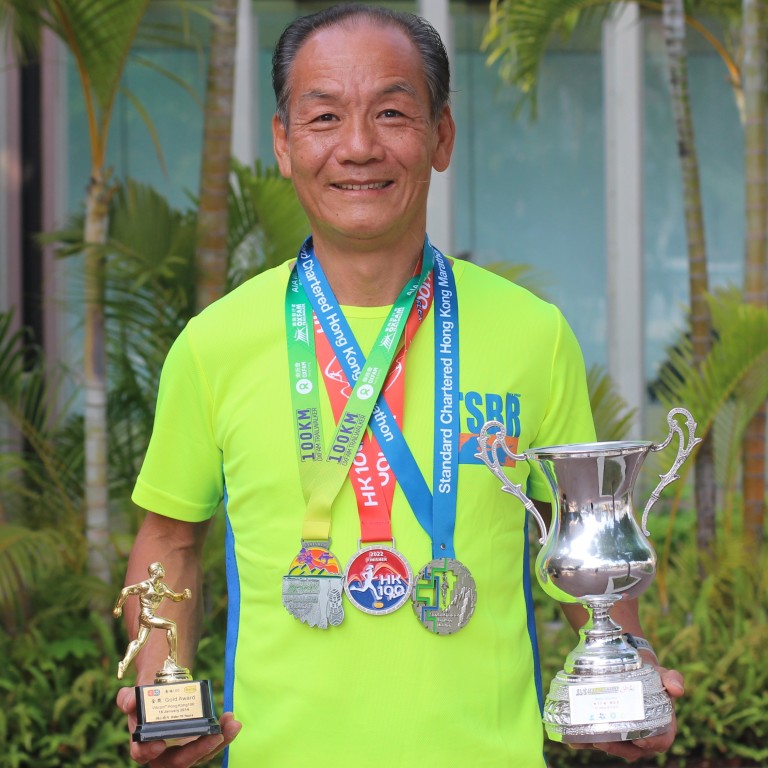
Running helped him quit smoking, now he does 100km ultra-marathons at 62
- His reddish-black fingers and nails were a warning sign for Tsoi Wing-cheung, who had been a smoker for two decades when he chose to butt out
- Running set him on the path to recovery and became his passion; now 62, he runs marathons regularly and trains with a running group to keep in top form
On July 1, 1997, the day of Hong Kong’s handover, Tsoi Wing-cheung laid all of his cigarette packets out in front of him and came to a decision – he would quit smoking. He began to shred them, his resolve growing firmer with each cigarette he destroyed and tossed into a basin of water.
At the time, Tsoi was in his late 30s and smoking at least 10 cigarettes a day. “It was really bad. I smoked so much that my fingers and nails were reddish-black,” he says. “I already felt like I couldn’t do much, that my body was deteriorating.” It’s why, on that historical day, he chose to start a new life without cigarettes.
Today, Tsoi – now 62 and a cleaner and maintenance worker at the Hong Kong Adventist Hospital on Stubbs Road on Hong Kong Island – lives a much healthier lifestyle.
When he isn’t swimming in the sea in his free time, he can be found training for his next running competition, which could be anything from a 10km (6.2 mile) race to a 100km ultramarathon.
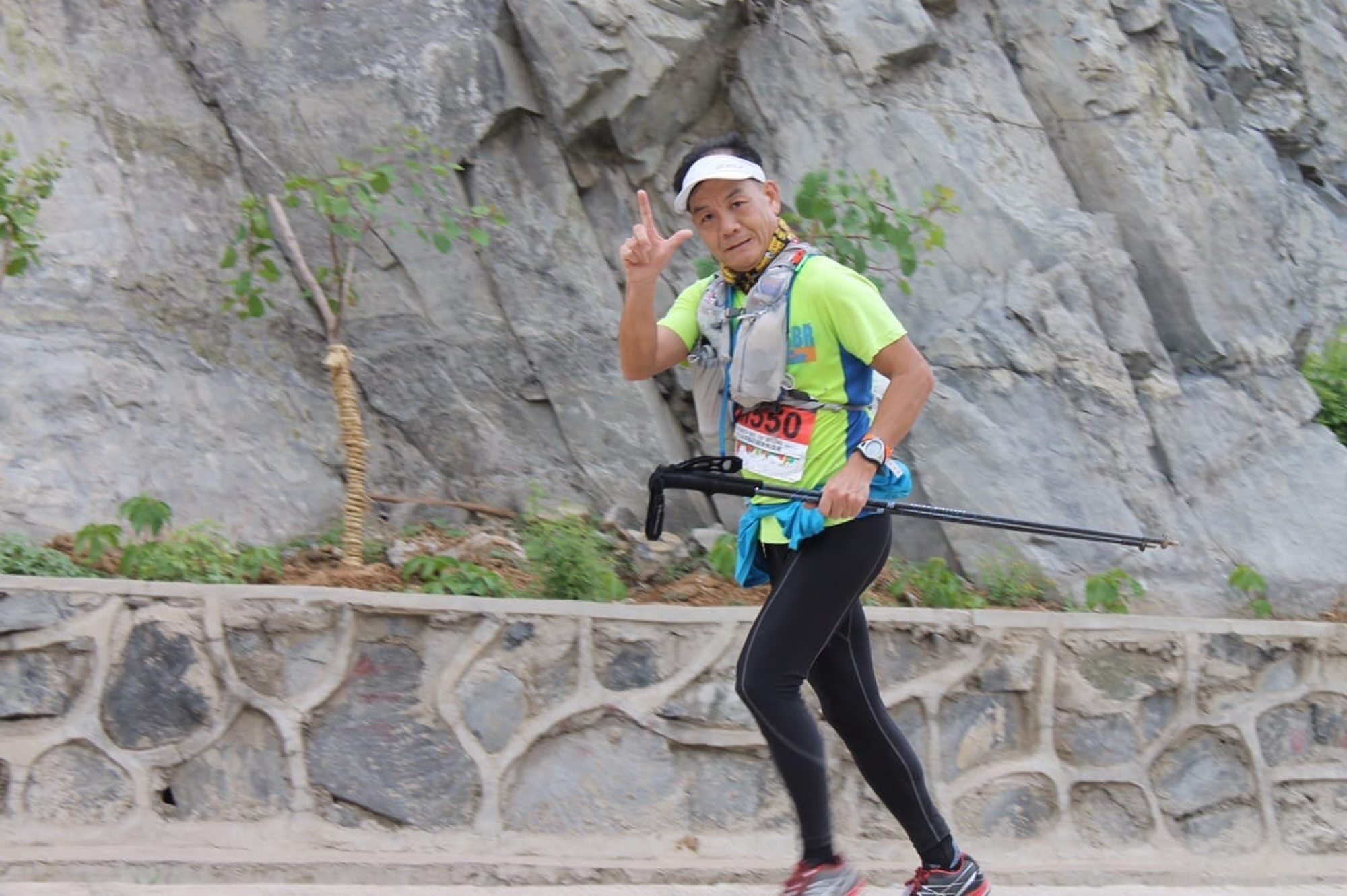
Tsoi has made running mates along the way and, together, they sprint by the harbour, along city streets, and up and down Hong Kong’s many hills. One of his lengthier routes stretches from Hung Hom in Kowloon to Tuen Mun in the New Territories.
‘I was on the brink of turning 60’: 10k race runner, 74, on her late start
“My friends saw that I could run this far at this speed and said, ‘Why don’t you start competing? You might get a trophy,’” Tsoi recalls. He joined the Lok Wah Runners Club, a group of amateur long-distance runners that helped him sign up for competitions and offered him training sessions.
At Macau’s Galaxy Entertainment International Marathon in 2013, he clocked in at three hours and nine minutes. It was his fastest marathon time ever, and he won a silver cup for placing fifth in his age and gender group in the 42.19km marathon.
“I was already over 50, so to be able to run in that time, I was quite satisfied,” he says.
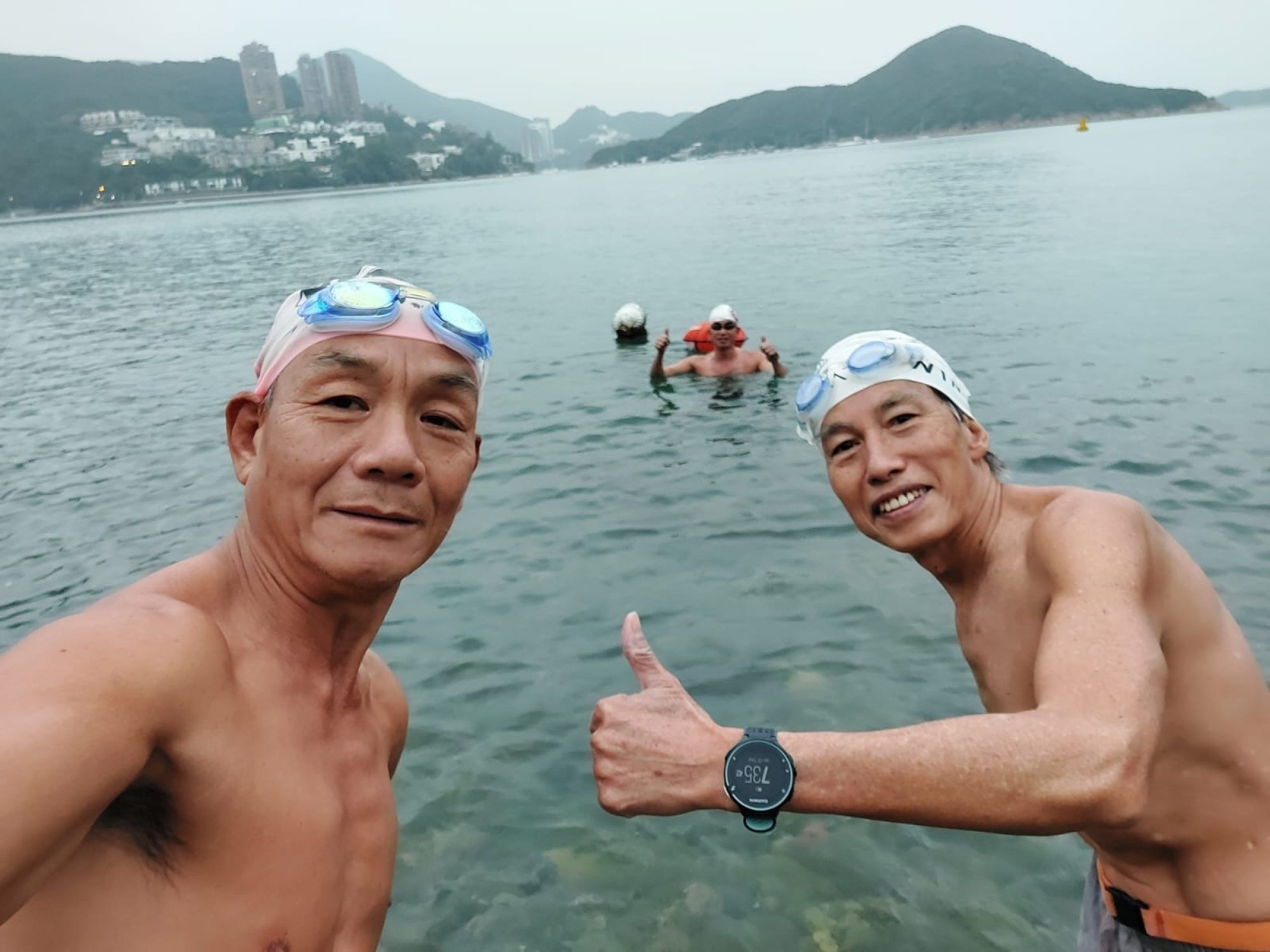
Tsoi prefers running even further than that.
“My favourite is the 100[km ultramarathon] … the feeling is different. It’s not as rushed,” he says. “If you run a marathon and you want to be really fast, then you have to be like a motor and keep going. You can’t stop … so it’s a bit more boring.”
There’s a level of expression and freedom that can only be found in 100km ultra-marathons, he says, since runners can adjust their speed to suit the terrain. He prefers going up hills at a slower pace to catch his breath and then zipping down them.
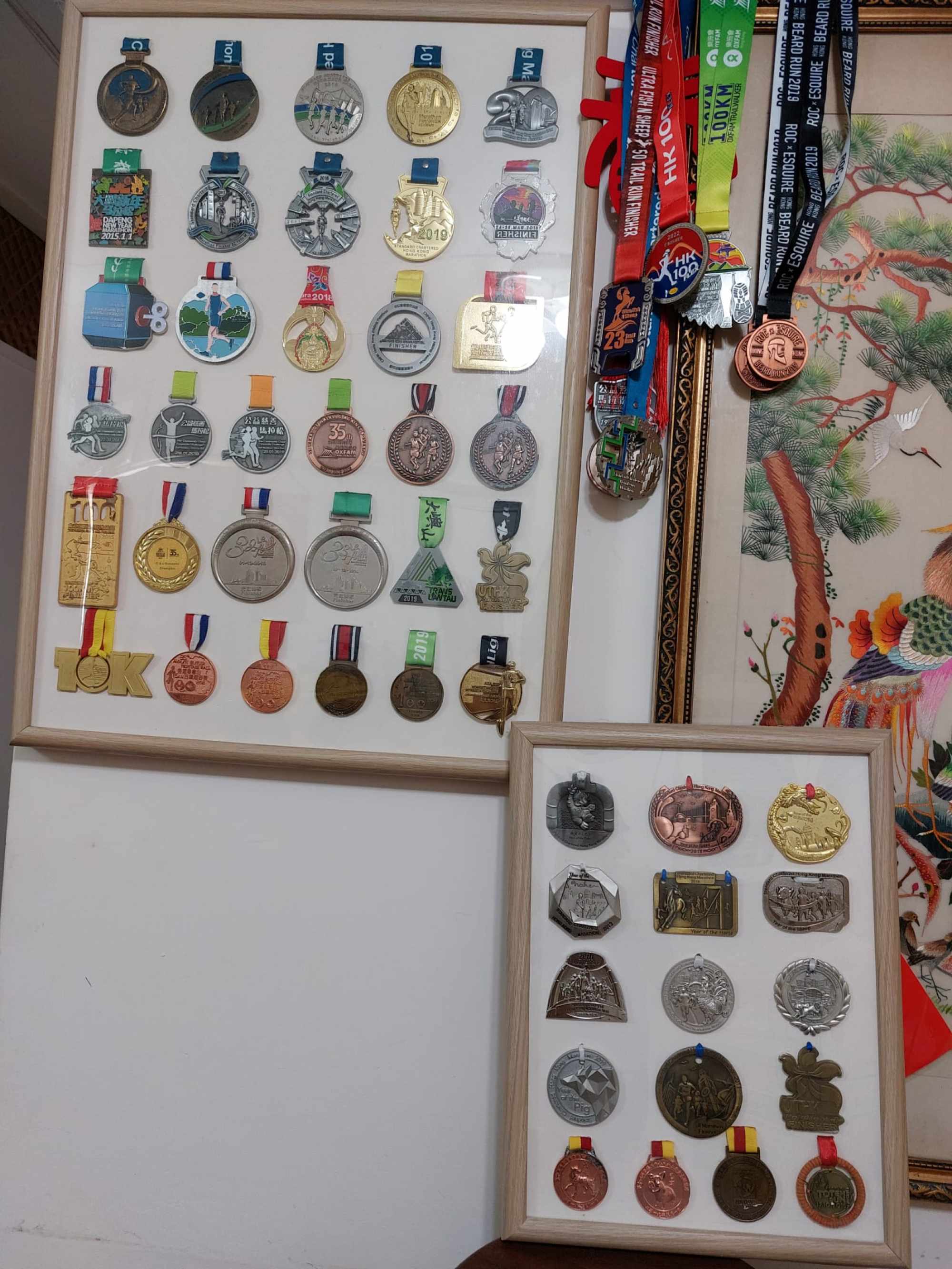
Tsoi ran the Vibram Hong Kong 100 in 2014, which started in Pak Tam Chung in Sai Kung and ended at the bottom of Tai Mo Shan, Hong Kong’s highest peak at 957 metres (3,140 feet). For finishing the race in under 16 hours, he received a gold award.
The longest race that he has ever completed by himself was 100 miles, which he finished in about 30 hours.
To prepare for any race, he practices running the route beforehand. “When it gets dark in the evening, you can’t see anyone in front or behind you, so if you’re not familiar with the route, you won’t be at peace running the race.”
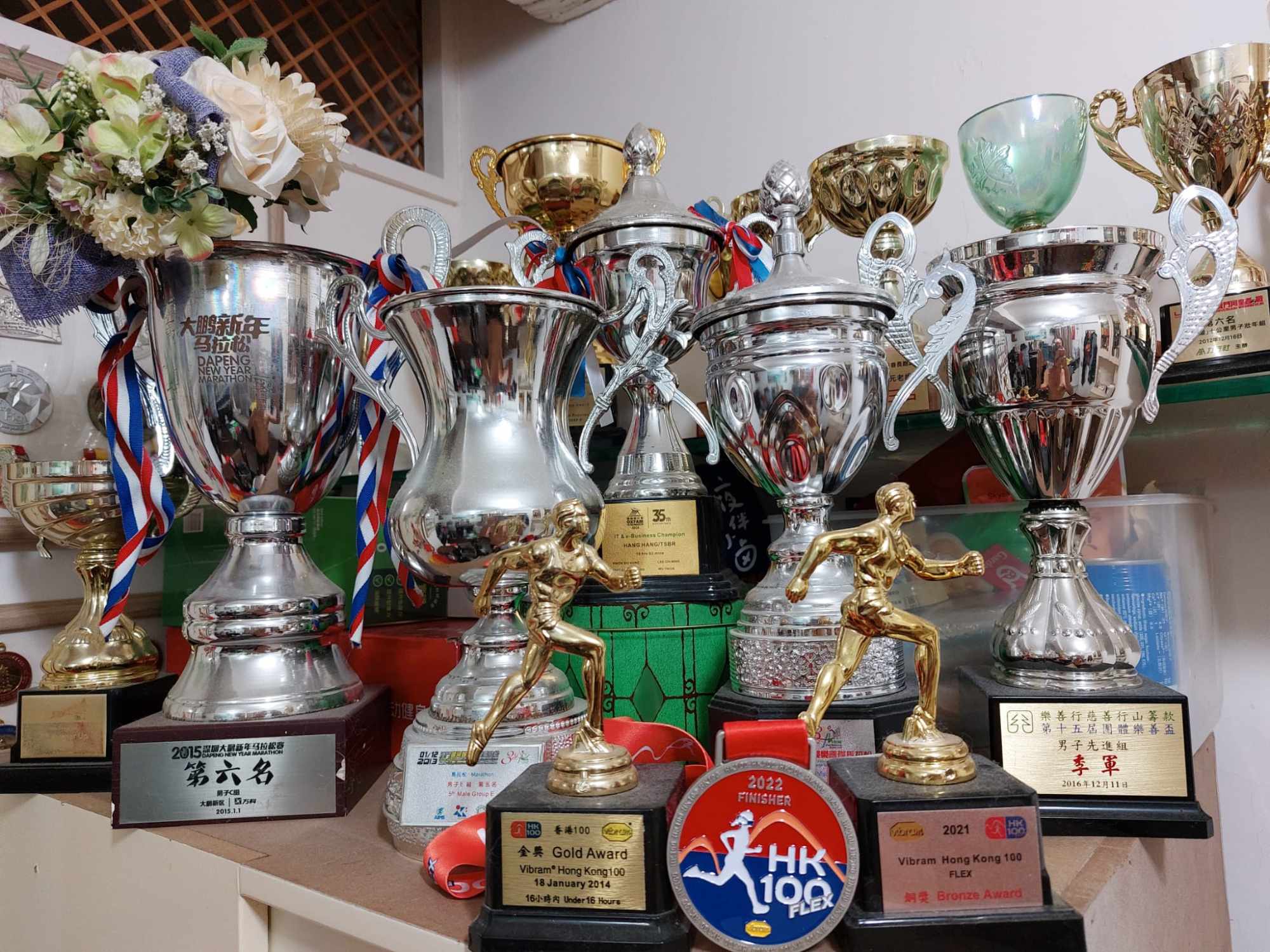
To run well, Tsoi adds, you must be aware of your physical state and ability. Push too hard and problems like dizziness, vomiting and eye pain can arise. While Tsoi has never been sent to the hospital because of running, he has friends who have.
His passion and enthusiasm for exercise is as strong as ever, though, and he loves the positive effect it has had on his health. “You can save a lot of money from not going to see doctors,” he jokes.
How a smoker quit after 35 years: five tips for kicking the habit
He’s also proud of the fact that he was able to quit smoking for good, and encourages others who want to quit, too.
“If you don’t smoke for a month to three months, then your desire to do it will be dampened,” he says. “I started smoking in 1976, and smoked for 20-something years. The fact that I quit smoking at once shows that my determination was strong.”
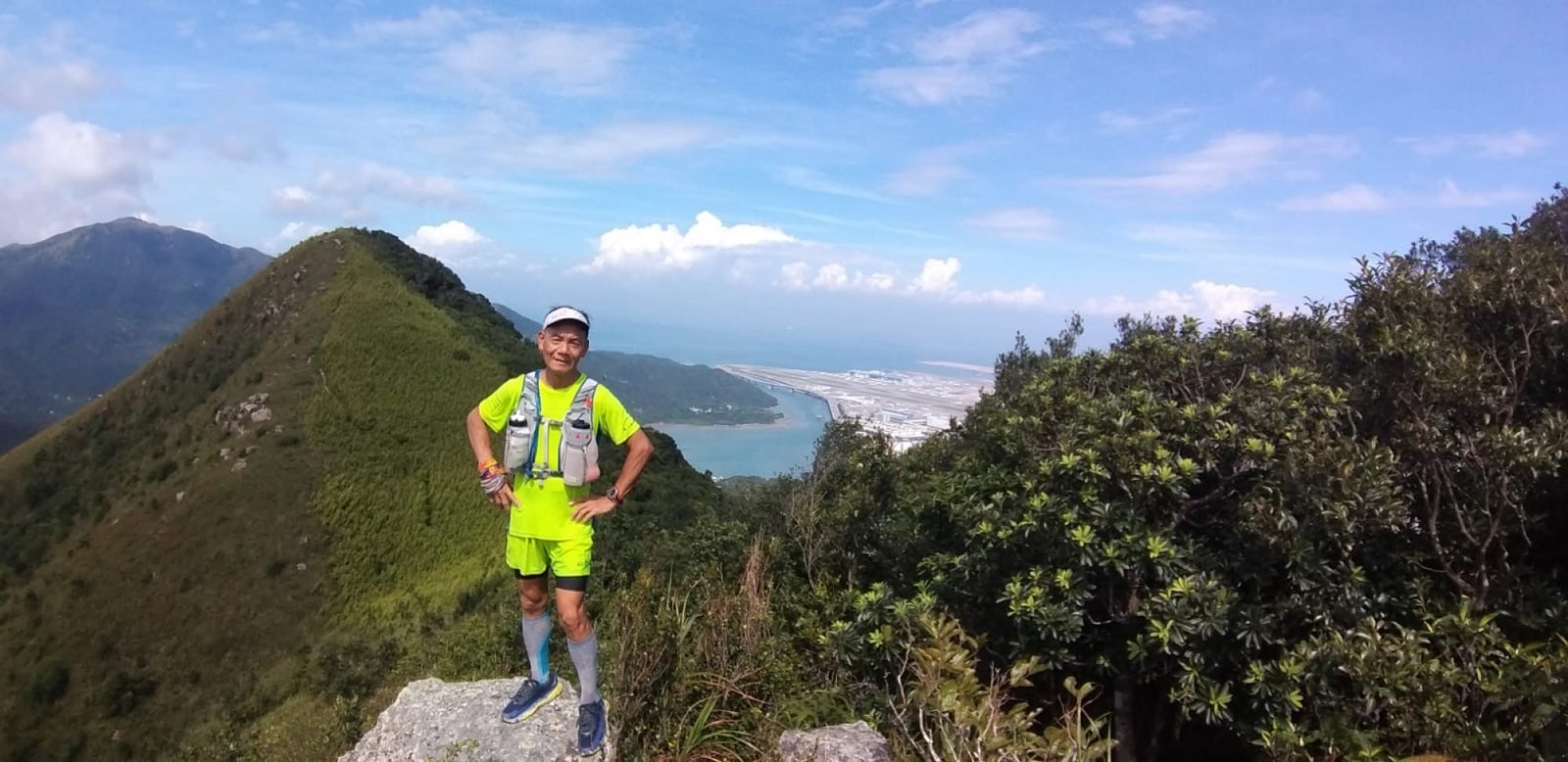
“We don’t ask about jobs, age or gender,” he says of the group, though it applies to runners in general. “As long as you come here and say you want to learn how to run and exercise, then that’s enough.”

